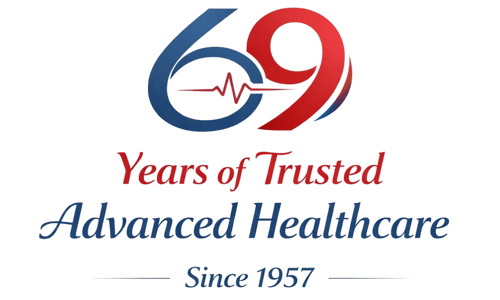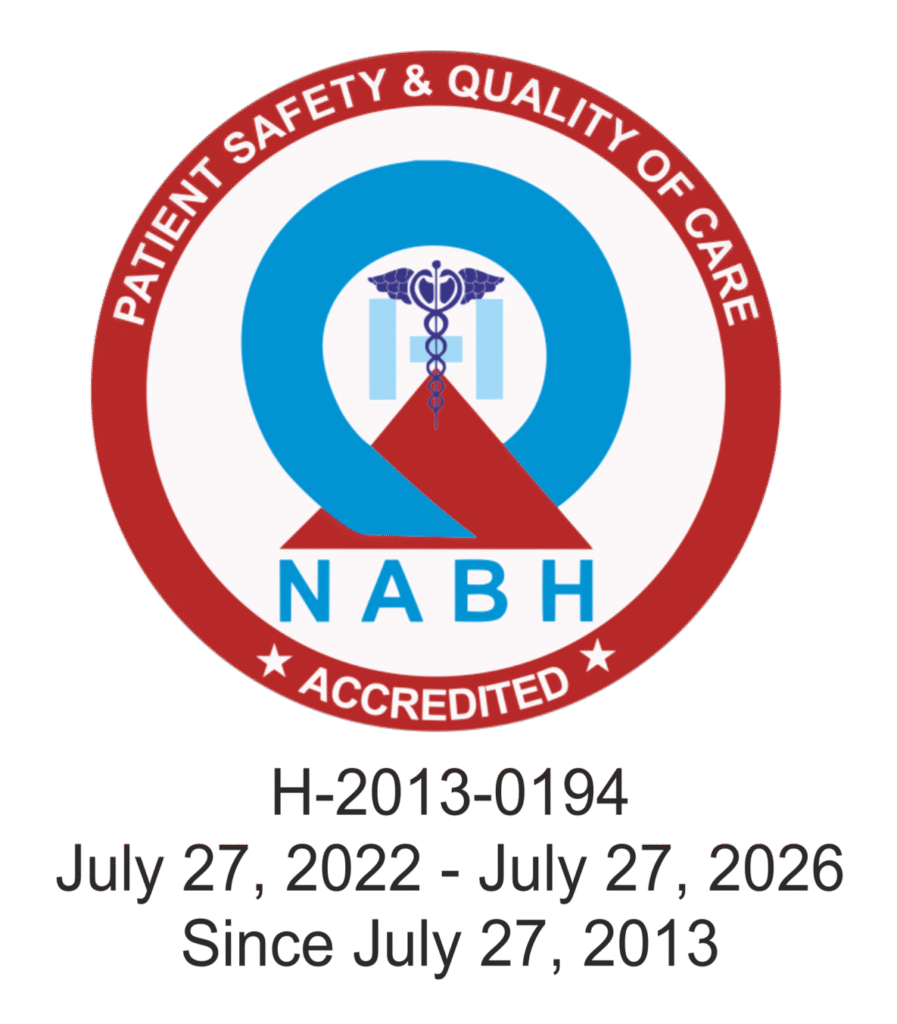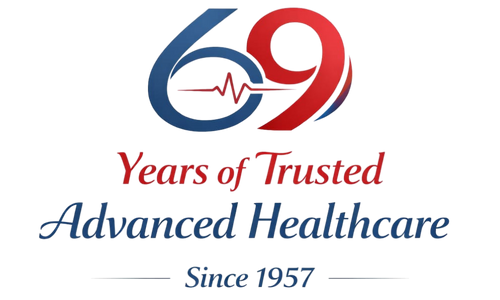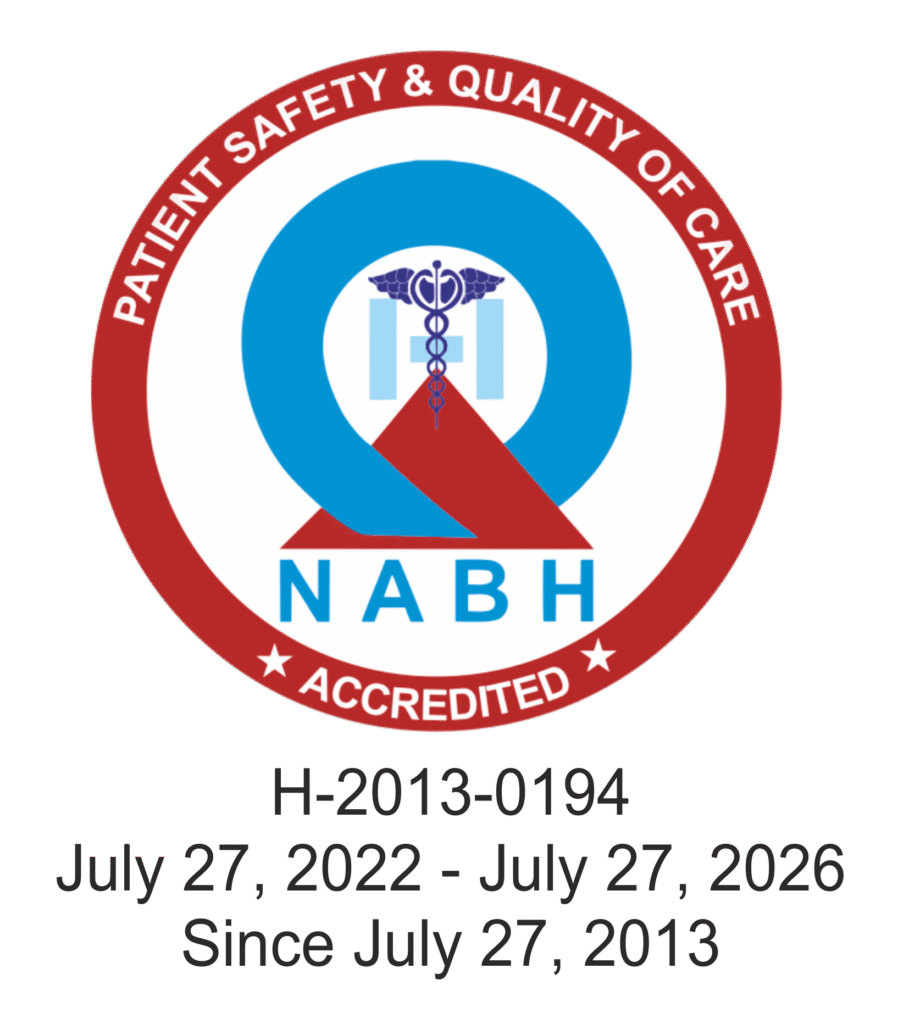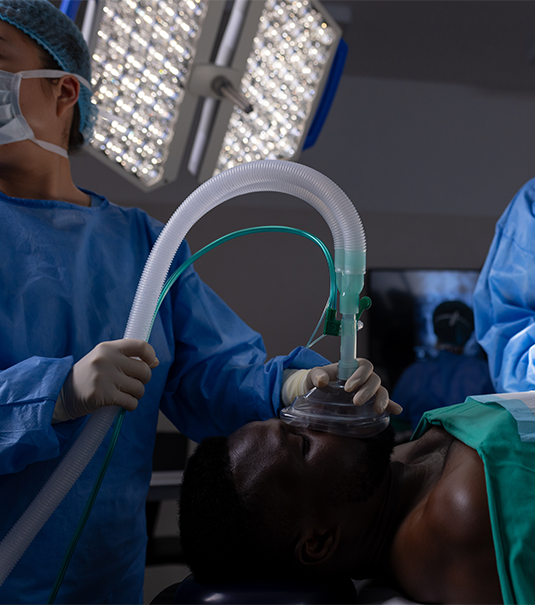
Begin Your Journey in the Critical Field of Patient Care and Surgical Safety
At Vadamalayan Hospitals & PG Institute of Medical Sciences, we offer a robust and comprehensive DNB / Diploma in Anaesthesiology program that enable the candidate to function as an independent specialist anaesthesiologist, well trained in practice of anaesthesia for patients with common medical conditions scheduled for routine as well as emergency surgery, cardiopulmonary resuscitation, critical care and pain management and also trained to impart such knowledge to the interns and subordinate paramedical staff.
Our program is designed in alignment with the National Board of Examination in Medical Sciences (NBEMS) to shape professionals who are competent in Pre / Post Anaesthesia care, Emergency, Specialty theatres and Intensive care anesthetic practices.
| Courses Accredited with NBEMS (41217) | |||
|---|---|---|---|
| Course | Eligibility | Duration | Seats |
| DNB Anaesthesiology | Post MBBS | 3 years | 1 Seat |
| DNB Anaesthesiology | Post Diploma | 2 years | 1 Seat |
| DA (NBEMS) - Diploma in Anaesthesiology | Post MBBS | 2 years | 2 Seats |
Introduction
At Vadamalayan Hospitals & PG Institute of Medical Sciences, we offer a DNB / Diploma in Radio Diagnosis program designed to train future radiologists in advanced diagnostic techniques and imaging technologies. As per NBEMS curriculum of clinical practice with academic learning, we ensuring that our trainees become highly skilled in interpreting medical images for accurate diagnoses & performing procedures.
Our trainees gain hands-on expertise in General Radiology, GIT, GU, CT, Ultra Sound, Angiography, MRI, Interventional Radiology, Oncologic Radiology and essential knowledge of Radiation safety, Medico legal aspects and patient care.
Eligibility DNB Course:
To get admitted to a DNB (Diplomate of National Board) course, candidates need to have an MBBS degree from a recognized institution and have completed a one-year internship. They must also qualify for the NEET-PG (National Eligibility cum Entrance Test for Post-Graduation) examination.
Admission is based on merit, determined by the NEET-PG score, and is followed by a centralized counseling process conducted by the National Board of Examinations in Medical Sciences (NBEMS).
- MBBS Degree: Candidates must possess a valid MBBS degree from a medical college recognized by the Medical Council of India (now part of the National Medical Commission).
- Internship: Completion of the mandatory one-year internship is required.
- Registration: You need a permanent or provisional registration certificate of MBBS qualification from the NMC or a State Medical Council.
- NEET-PG Qualification: Candidates need to qualify for the NEET-PG examination conducted by the NBEMS.
Eligibility DNB Post Diploma Course:
To be eligible for a Post Diploma (DNB Post Diploma) course through NBEMS, candidates need to possess a recognized Post Graduate Diploma in a relevant specialty, have passed their final diploma exam on or before the specified date, and hold a permanent MBBS registration. Additionally, they must have appeared in the DNB PDCET exam and the diploma qualification needs to be recognized by the NMC Act.
- Recognized Post Graduate Diploma: Candidates must possess a Post Graduate Diploma in a specialty recognized as per the provisions of the NMC Act, 2019 and the repealed Indian Medical Council Act, 1956.
- Qualification: The candidate needs to have qualified for the final examination of the Post Graduate Diploma on or before the specified date as per NBEMS, and a pass certificate or provisional pass certificate is required.
- MBBS Registration: Candidates must have a permanent registration certificate for their MBBS qualification issued by the MCI/State Medical Council.
- DNB PDCET: Candidates need to have appeared in the DNB PDCET (Post Diploma Common Entrance Test).
Admission Process:
- NEET-PG / PDCET: The first step is to appear for the NEET-PG / PDCET exam.
- Centralized Counseling: NBEMS conducts a centralized counseling process based on merit (NEET-PG scores / PDCET Scores).
- Choice Filling: Candidates indicate their preferred institutions/hospitals during the counseling process.
- Seat Allocation: Seats are allocated based on merit and choices submitted by candidates.
- Reporting: Selected candidates need to report to the allotted institution and complete the admission formalities.
- Registration: Upon admission, candidates are registered with the NBEMS as DNB / Diploma trainees.
Objectives for DNB / Diploma in Anaesthesiology
At the end of training a post-graduate in Anaesthesiology candidate should be able to act as a specialist in community, Medical teacher and a researcher in Anaesthesiology and in the related field of Medicine.
| 🎓 Scope of the Course |
|---|
| A DNB/DA student after obtaining degree/diploma should be able to acquire optimal theoretical knowledge and understanding of the basic anatomical, physiological, physical and pharmacological principles involved in the practice of safe anesthesia, ICU care and chronic pain management etc. |
| Examine, evaluate, and optimize the patient for Anaesthesia for the proposed surgery. |
| Identify the Anaesthetic problems that require special attention, skill and equipments. |
| Should know the handling of various noninvasive and invasive monitoring equipments and their data interpretations. |
| Should possess the knowledge of all Anaesthetic equipments, drugs, and their appropriate uses. |
| Acquire skills and proficiency for the conduct of safe Anaesthesia for elective and emergency procedures. |
| Diagnose emergency medical/surgical conditions and institute emergency treatment and administer Anaesthesia, if required. |
| Resuscitate and manage critically ill in Intensive Care Unit and postoperative care unit. |
| Manage acute pain. |
| Manage chronic pain. |
| Manage palliative care of terminally ill patients. |
| Manage trauma and mass casualties. |
| Communicate with patients and relatives, regarding prognosis and possible complications. |
| Discharge medico-legal and ethical responsibilities. |
| Plan, conduct and write the results of the research in speciality, as well as present the same in scientific forum and journals. |
| Teach and train undergraduate medical students, nursing students, paramedical and other health professionals. |
| Ensure patient safety. |
| Perform and demonstrate the technical skills mentioned in the course content. |
| 🎓 Programme Goal | |
|---|---|
| To make them understand & implement the knowledge regarding the role of various imaging modalities, helpful in the management of different clinical conditions. At the end of his/her training, he/she should be capable to take up a career in teaching institution or in diagnostic center or in research. | |
| Aimed at imparting training in both conventional radiology and modern imaging techniques so that the candidate is fully competent to practice, teach and do research in the broad discipline of radiology including ultrasound, Computed Tomography and Magnetic Resonance Imaging. Candidate should be well versed with medical ethics and consumer protection act and the Prenatal Diagnostic Technique (PNDT) Act. | |
| To orient and train student in different aspects of diagnosis with interventional radiology. | |
| Special emphasis will be on new imaging techniques like (USG, CT, MRI) interventional radiology. | |
| Training will be oriented for technical aspects of clinical radiology and applied radiology and post treatment follow up in cancer. | |
| Ultimate goal will be to provide quality education for the post graduates and quality diagnostic care for different sections of the society |
| 🎓 What are the admission requirements for the program |
|---|
| Candidates should have successfully completed MBBS, recognized by MCI and completed one year of Internship. |
| Candidates interested in PG Courses (including Secondary) should have appeared in the NEET exam of NBE, conducted recently. |
Contact us @ 9994407293 /
e-mail – dglvims@vadamalayan.org
Our Doctors
Hands-On Experience with Real-Time Surgical Procedures
At Vadamalayan Hospitals & PG Institute of Medical Sciences, students gain invaluable exposure by assisting in live surgeries, managing anesthesia in emergency scenarios, and working in critical care units. This practical approach enhances clinical confidence and ensures readiness for high-pressure medical environments from day one.
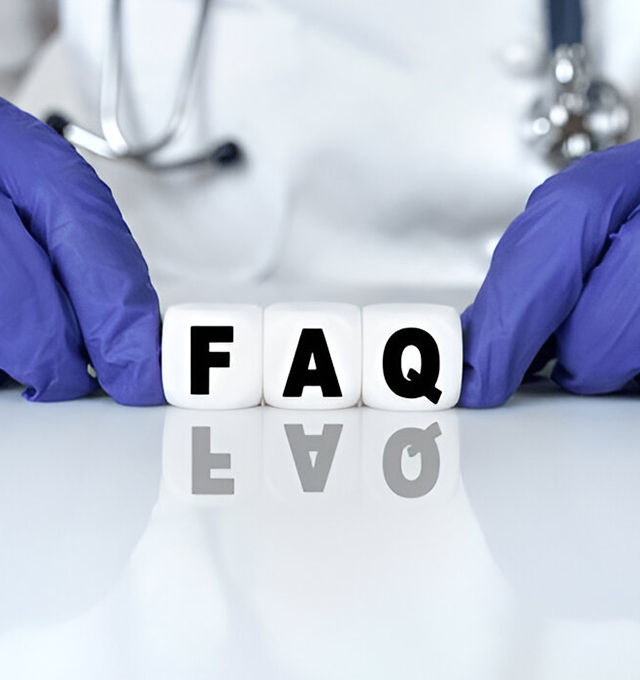
If you have questions, feel free to reach out
The DNB (Diplomate of National Board) is a 3-year program recognized as equivalent to MD, while the Diploma is a 2-year program focused on foundational anesthesia skills. Both are NBE-accredited and offer comprehensive clinical exposure at Vadamalayan Hospitals.
Yes, Vadamalayan Hospitals is an NBE-accredited institution offering structured DNB training with experienced faculty, advanced ICUs, and operation theatres for real-time learning in anesthesiology and critical care.
Students will be trained in pre-operative assessments, anesthesia administration for various surgical specialties, post-operative care, critical care management, emergency responses, and pain management techniques under expert supervision.
